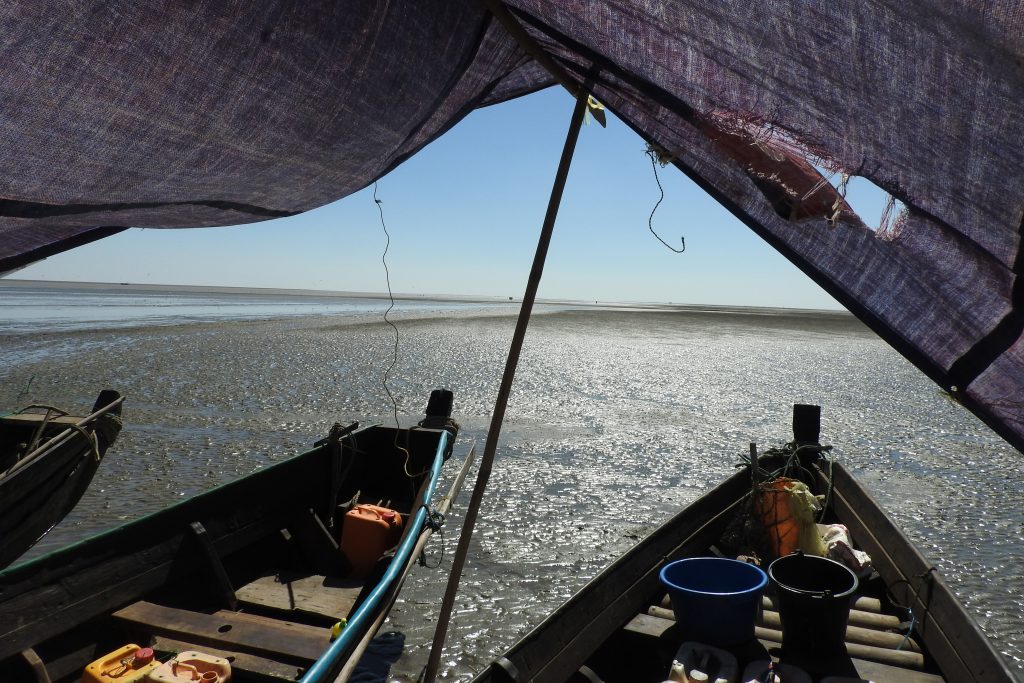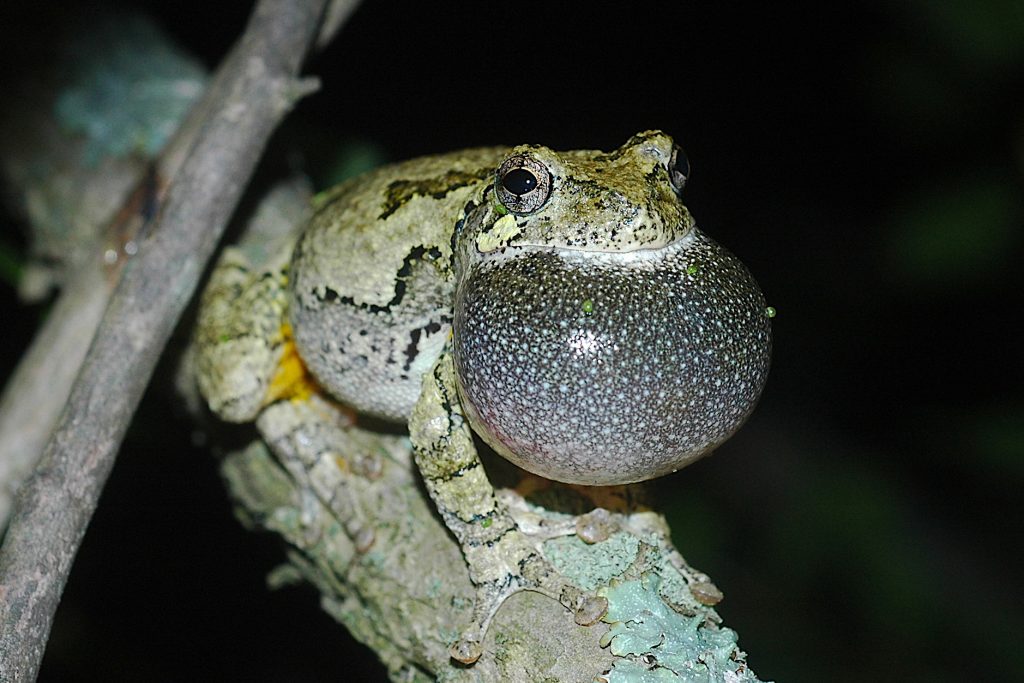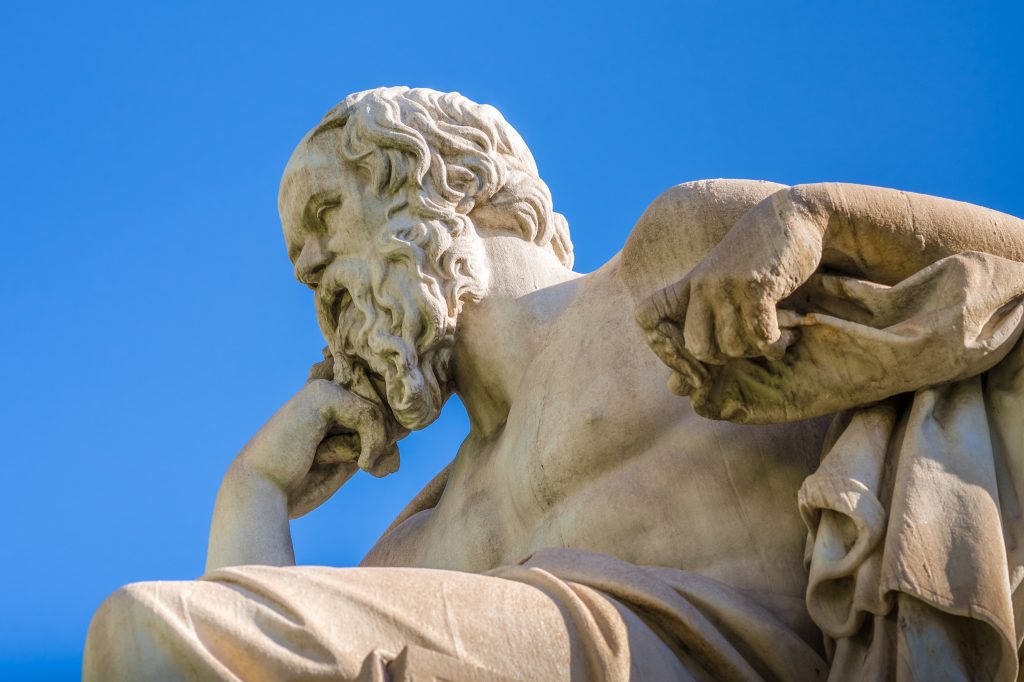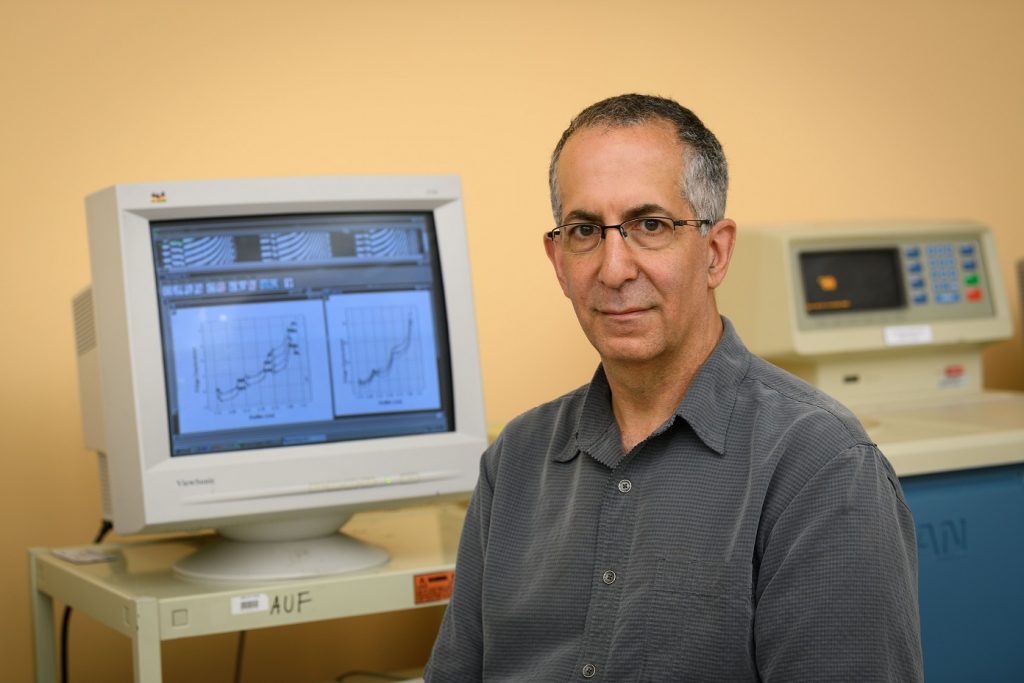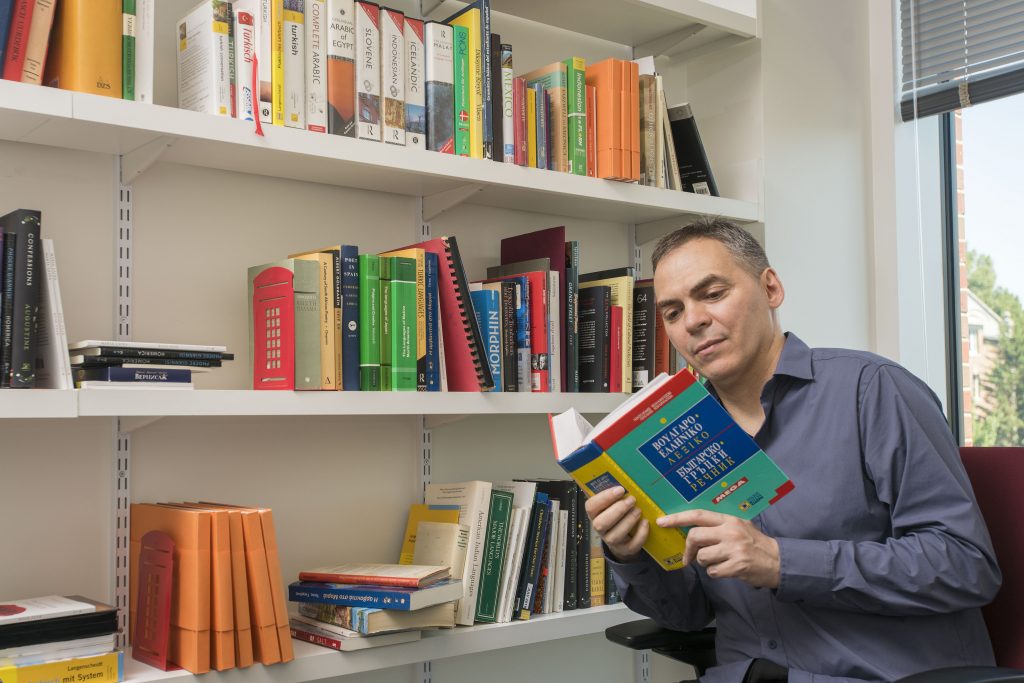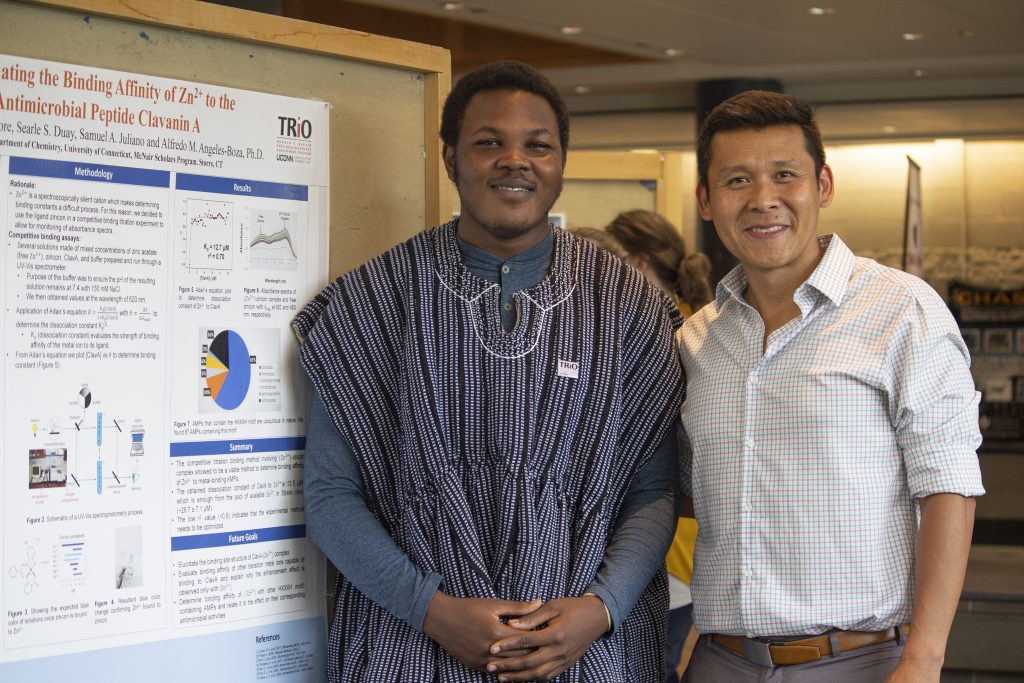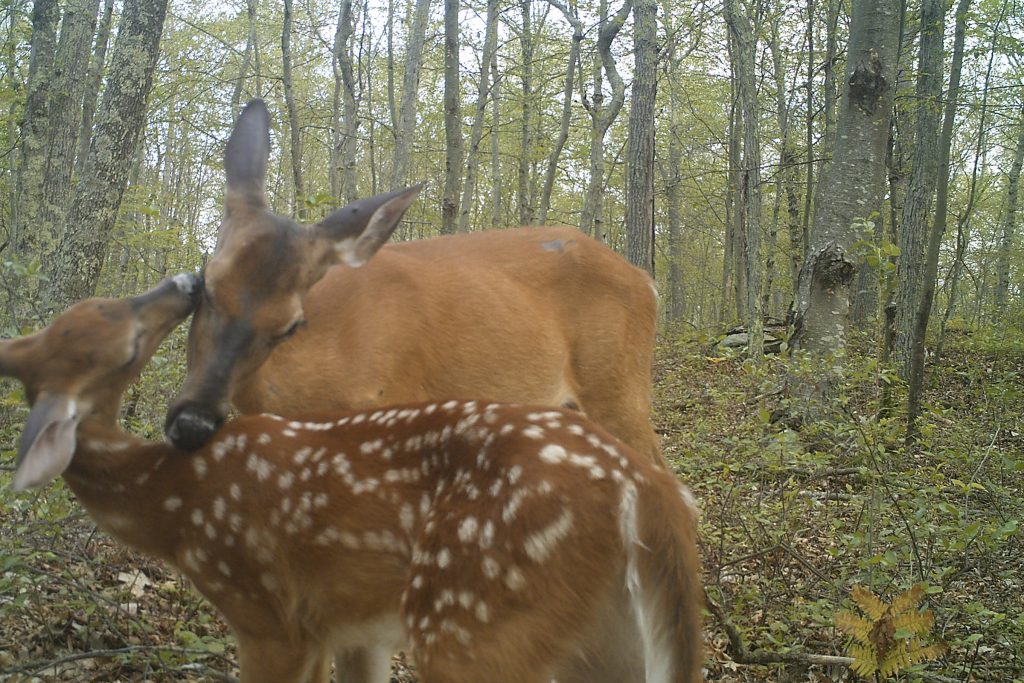College of Liberal Arts and Sciences
Snapshot: Chris Elphick in Myanmar
Researcher Chris Elphick shares photos from Myanmar, where he helped survey species of waterbirds, including a critically endangered sandpiper.
August 16, 2018 | Elaina Hancock
Newspapers Nationwide Send Message: A Free Press Needs You
More than 350 newspapers today joined together to offer a unified message on the importance of a free press. Journalism professor Mike Stanton discusses the significance of this step.
August 16, 2018 | Kenneth Best
Nature and Knowledge at Our Doorstep
Students exposed to nature, some for the first time, soon become fascinated and eager to learn more.
August 15, 2018 | Elaina Hancock
Synchrony Keeps the Beat
UConn neuroscientist Ed Large built a model of the brain that can predict the future. And then he taught it to dance.
August 13, 2018 | Kim Krieger
Know Thyself: The Philosophy of Self-Knowledge
Dating back to an ancient Greek inscription, the injunction to 'know thyself' has encouraged people to engage in a search for self-understanding. Philosophy professor Mitchell Green discusses its history and relevance to the present.
August 7, 2018 | Kenneth Best
Targeting the Flu with a Novel Antiviral Drug
UConn molecular and cell biologist, Jim Cole, formed a startup to develop a novel potential treatment for the flu.
August 3, 2018 | Jessica McBride, PhD
Real Talk: Applying Computer Learning Models to Human Speech Recognition
UConn professor of psychological science, James Magnuson, has received more than $600K from the National Science Foundation to address a longstanding problem with research on speech perception and spoken word recognition.
August 2, 2018 | Anna Zarra Aldrich '20 (CLAS), Office of the Vice President for Research
Found in Translation
Peter Constantine, director of UConn's Literary Translation Program, says translation opens up the windows and doors to the world.
July 31, 2018 | Julie (Stagis) Bartucca '10 (BUS, CLAS), '19 MBA
McNair Scholars Present Research at Annual Poster Exhibition
The program trains students from underrepresented and underprivileged backgrounds for careers as scientists.
July 26, 2018 | Christine Buckley
Camera Traps, Citizen Science, Help Track State’s Animal Populations
In order to conserve the species that are here, we have to know more about what we have. UConn researchers are collecting data on animals and birds in the state.
July 25, 2018 | Elaina Hancock
